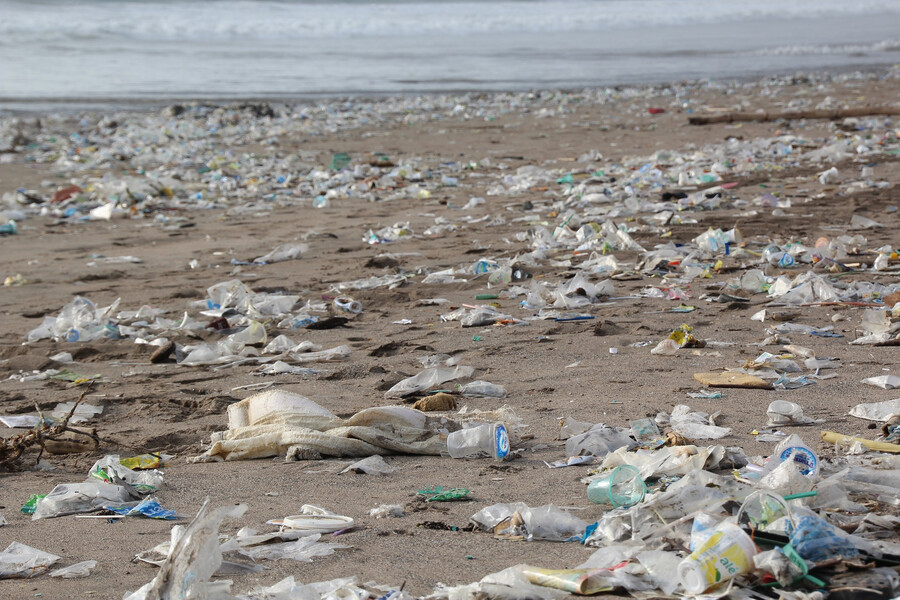Less plastic bags
The EU directive on the reduction of plastic bag consumption per capita is having an effect. In 2016 Germans consumed about one-third less plastic bags than they did in 2015. A remarkable step forward! Plastic bags are one of the biggest levers when it comes to plastic waste. However, if you think about it, they only do a small part. Plastic is everywhere in our everyday lives.
Plastic difficult to avoid in everyday life
Anyone who has ever tried to live without plastic in everyday life knows that this is very difficult in our world today: The plastic bag for shopping, the packaging of the purchased products, a quickly bought water at the bakery or toothpaste: that is all in a plastic packaging. Does the question arise: what would we do without plastic?
Our earth needs help
One thing is for sure: We have to protect our planet and need innovative solutions. But what is also certain: Plastic is inexpensive and also practical, especially as packaging. Plastic is an ingenious solution, especially for the food industry. If it would just not take that long for it to be ecologically degraded. This can take hundreds of years, especially with plastic bottles. In addition, plastic returnable bottles are often not, as fully thought, recycled, but a part of them land on large garbage dumps or is thermally recycled, so burned with other garbage.
Polluted oceans
Furthermore, a large part of the plastic garbage gets into our oceans. There the garbage causes great damage. Animals die painfully because they get caught in the plastic and hurt, or they eat the plastic waste and fall ill. Also, the death of coral is associated with the increasing plastic waste underwater. The corals are the "trees" of the oceans, so it's even worse that they die off.
Naturefund wants to create an awareness of their own plastic consumption. It is important to produce as little plastic waste as possible and consume more consciously.

